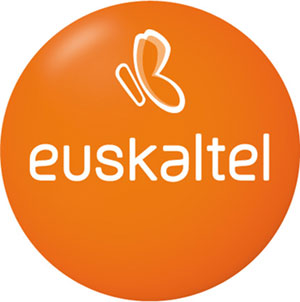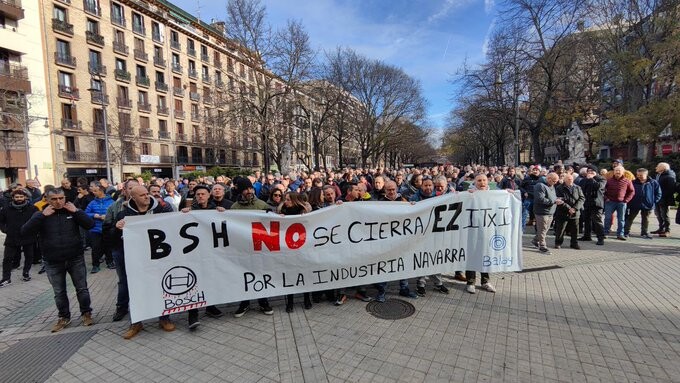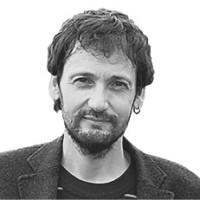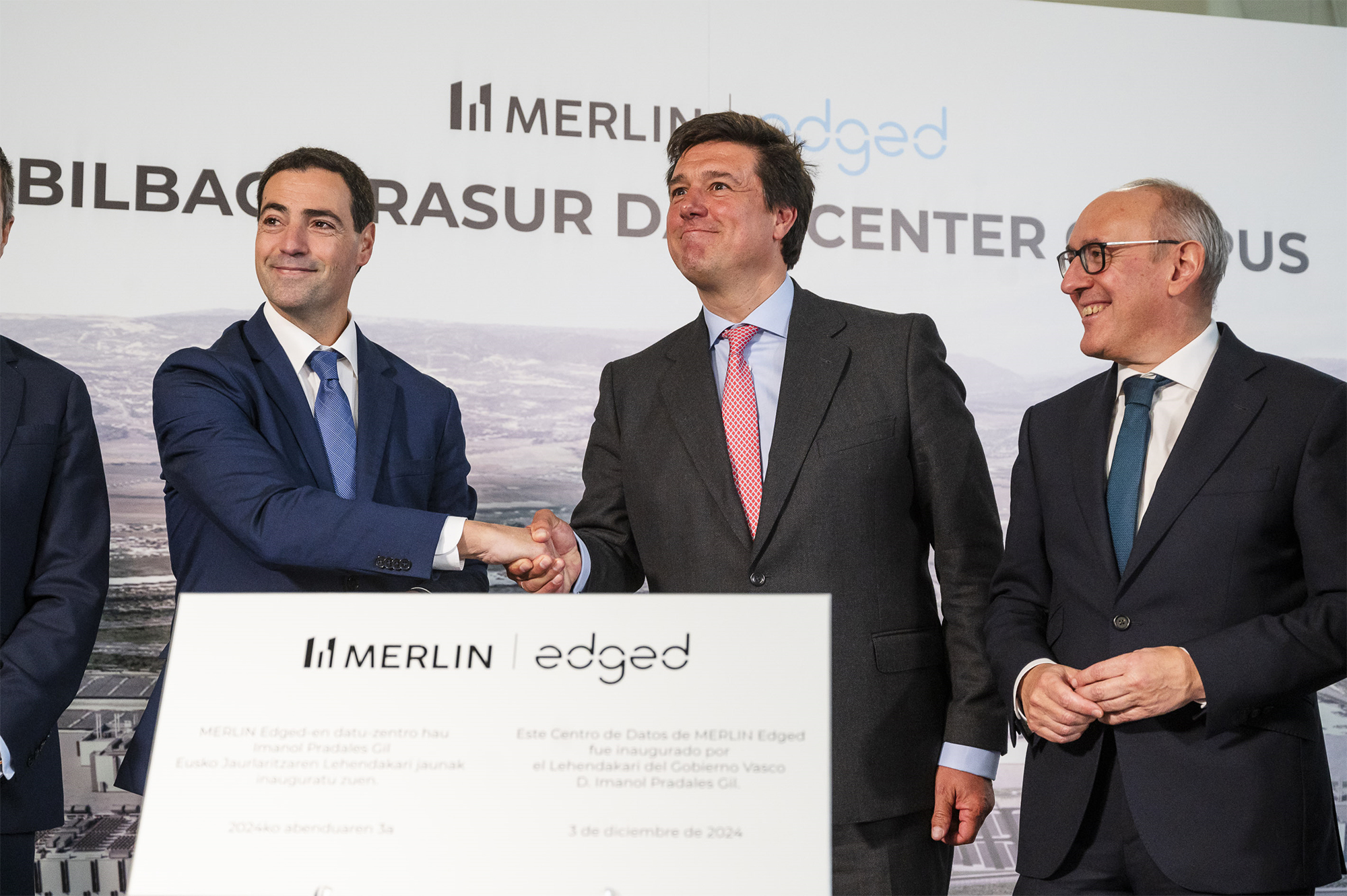Where is Euskaltel going?

Most Euskaltel employees last week followed a three-day strike against outsourcing their services and in favour of employment. In February, the company intends to outsource the “systems” service and to dismiss 40 workers. It also plans to dismiss 150 other technology workers in April, which would reduce their workforce by 40% in 2014, which currently employs 550 people. This is the first strike they have been holding since it was created 18 years ago. A few months ago, however, the cyclist Euskaltel was announced to disappear because of a lack of funding. And at the same time we have learned that the Basque telecommunications operator won EUR 48 million net in 2012 (after tax) and that it will outweigh this profit this year.
What's going on in Euskaltel? Where is it going? Will it be absorbed or sold by another multinational operator? Orange or another? Euskaltel was born with a view to the country, with public funding mostly (savings banks, the Basque Government…). Today the Basque Government and other smaller partners (Endesa and Grupo Mondragón) have left their capital, and the operator is in the hands of Kutxabank (49.9%) and foreign investment funds Trilantic e Investindustrial (48.1%). Kutxabank has gone from having 67.93% of capital, to having a participation rate of 49.9%. The rest, 2%, is in the hands of Iberdrola through IBV.
No wonder workers are worried about the future of Euskaltel, because they fear it will end up selling some technological “shark”. Until this happens, Euskaltel would devote itself to lightening its structures (destroying jobs) so that the shark can chew more easily. Kutxabank’s president, Mario Fernandez, said that “there is not a divestment operation, but a plan for the viability of Euskaltel’s performance accounts, which must not lead to a loss of employment”. The workers do not believe these words. It makes sense for sharks to fly around them a long time ago.
On January 15, the techno-business lobby called Cedarios presented its 6th report, Euskadi and the European Union, the shared destiny of prosperity and competitiveness. This neoliberal Think Tank, made up of eminent experts drawn from the world of finance, presented a magical... [+]
A couple of weeks ago, a number of data from Norway was published. In this country of Northern Europe electric cars have predominated, being the Tesla brand the most sold, with 90% of recyclable energy consumed there. On the contrary, Norwegian public enterprises have no problem... [+]
Entrepreneurship is fashionable. The concept has gained strength and has spread far beyond economic vocabulary. Just do it: do it no more. But let us not forget: the slogan comes from the propaganda world. Is the disguise of the word being active buyers? Today's entrepreneurs are... [+]













.jpg)









